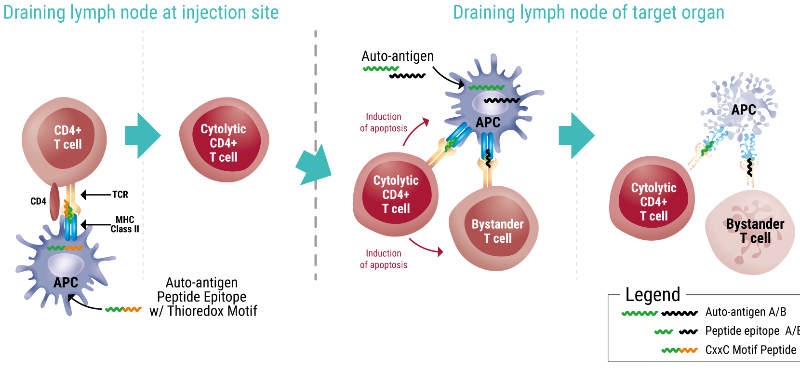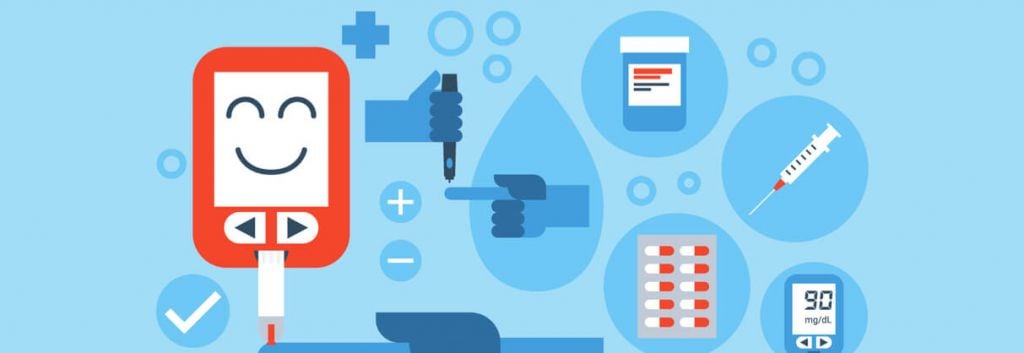Newsletter Signup - Under Article / In Page
"*" indicates required fields
Update (15/11/2017): Imcyse has officially started recruiting patients to test its therapy for type 1 diabetes. The clinical trial will recruit up to 40 patients across 15 European centers, and the first patient has already enrolled at the Steno Diabetes Center in Copenhagen.
Originally published on 30/05/2017
Imcyse will run its first clinical trial testing a specific immunotherapy that could finally provide a cure to autoimmune diseases.
Imcyse, a Belgian biotech spun out from the Katholieke Universiteit Leuven in 2010, just announced it has received approval from Belgian and British regulatory authorities to launch a Phase Ib trial in patients with type 1 diabetes. The study is backed with funding from the EU through the EXALT program, which has a budget of €6M over 5 years to promote the development of a cure for type 1 diabetes.
The trial, run in collaboration with the French Inserm, will be run in 18 sites across Belgium, Denmark, France, Germany, and the UK. It will be the first study in humans testing Imcyse’s immunotherapy technology, which is aimed at stopping the destruction of insulin-producing beta pancreatic cells in patients diagnosed with the disease within 6 months before the trial, when not all beta cells have yet been eliminated. Results are expected at the end of 2018.
Imcyse develops Imotopes, modified peptides that induce cytolytic CD4 T cells to kill other immune cells involved in the destruction of a specific target, in this case insulin-producing cells, without affecting any other functions of the immune system. The peptides are composed of an epitope of the targeted antigen and a specific thioredox motif.

“An Imotope therapy that could be used to treat the very early stages of diabetes or prevent its onset would be a major breakthrough for patients and for public health,” Christian Boitard, the trial’s principal investigator, from the Inserm and Cochin Hospital in Paris, said in a statement.
Indeed, the technology aims to cure severe autoimmune and inflammatory diseases for which existing therapies can only, at best, attenuate the symptoms and slow down its progress. For type 1 diabetes, which affects over 40 million people worldwide, the incidence is rapidly increasing, particularly in younger children. However, the only treatment option to date is daily glucose control and insulin injections for life.
One of the alternatives currently under development is transplantation. With that aim, the British Catapult and the Belgian Orgenesis are growing pancreatic cells in the lab. NeoVacs, in France, has a different approach that resembles more that of Imcyse; a vaccine for type 1 diabetes, currently in the preclinical stage.
Imcyse is already planning to exploit the potential of its technology, with a trial in patients with multiple sclerosis scheduled for next year. In the future, the company could also be going after rheumatoid arthritis, graft rejection, allergic asthma and rare diseases such as myasthenia gravis or neuromyelitis optica. On top of that, the technology could also act as an “add-on” to prevent patients from becoming immune to biological drugs, which is a grave problem when it affects life-saving drugs.
Images via Becris / Shutterstock; Imcyse






